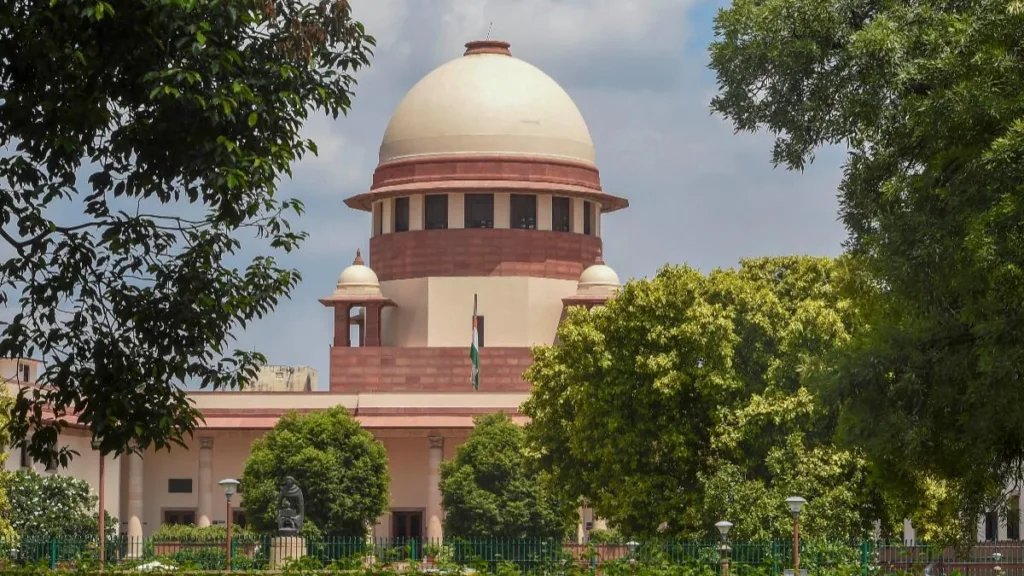SC puts ED ‘on notice’ over keeping accused in custody without trial

Representational pic
In a recent development, the Supreme Court has taken a stern stance against the Enforcement Directorate (ED) for its approach towards custody in money laundering cases. The apex court was hearing the default bail plea of Prem Prakash, an alleged associate of former Jharkhand Chief Minister Hemant Soren, who was arrested in August 2022. Prakash faces charges under the Arms Act and money laundering.
The Supreme Court expressed strong disapproval of the ED’s practice of filing supplementary chargesheets in money laundering cases to prevent the accused from obtaining default bail. Justices Sanjiv Khanna and Dipankar Datta emphasized that holding an accused in custody without trial is akin to detention, impinging upon their liberty.
The bench reiterated that the right to default bail is fundamental and cannot be denied by prolonged investigative procedures or the filing of supplementary chargesheets.
Observing that an accused cannot be denied the benefit of default bail, Justice Khanna said, “The whole object of default bail is that you do not arrest until investigation is complete. You cannot say that a trial will not commence unless the investigation of the case is complete. You cannot keep on filing supplementary chargesheets and keep the person in jail without trial.
They emphasized that trial proceedings must commence promptly upon the arrest of an accused. Concerned about the prolonged incarceration of the accused, the Supreme Court directed the special Prevention of Money Laundering Act (PMLA) court to expedite the hearing of Prem Prakash’s case. The court posed several questions to the ED, seeking clarification on its investigative practices.
The ED was given a month to respond to these queries. Justice Khanna invoked Article 21 of the Constitution, emphasizing that undue delay in trial proceedings could warrant the grant of bail, as seen in the case of former Delhi Deputy Chief Minister Manish Sisodia.
The top court judge also invoked the arrest of former Delhi deputy chief minister Manish Sisodia, who is in jail since 2023 following his arrest by the ED in the Delhi excise policy case.
“We have held this in the Manish Sisodia case (Delhi excise policy scam case), if there is long incarceration and undue delay in commencement of trial, the court can grant bail. Section 45 does not bar grant of bail because this right flows from Article 21 (protection of life and personal liberty) of the Constitution,” Justice Khanna said.
Raju, while appearing for ED, argued that the accused is an influential person and may influence the witnesses and tamper with evidence if released on bail.
The Supreme Court asked the additional solicitor general to respond to all the questions put forth by the bench in a month and posted April 29 as the next date for the hearing.
Advocate Siddharth Agarwal, appearing for Prakash, said when the initial FIR was lodged, his client’s name was not there and no transaction had been found between him and the co-accused. He said the statements of two crucial witnesses do not directly implicate him
The ED argued against granting bail, citing concerns about the accused’s potential influence on witnesses and evidence tampering. However, Prakash’s counsel highlighted the absence of direct implications in witness statements and transactions involving the accused.
The Supreme Court scheduled the next hearing for April 29, providing the ED with an opportunity to address the court’s concerns.
In summary, the Supreme Court’s rebuke of the ED underscores the importance of upholding the rights of the accused and ensuring swift and fair trial proceedings. The court’s emphasis on personal liberty and timely justice serves as a reminder of the constitutional principles at stake in criminal proceedings.









